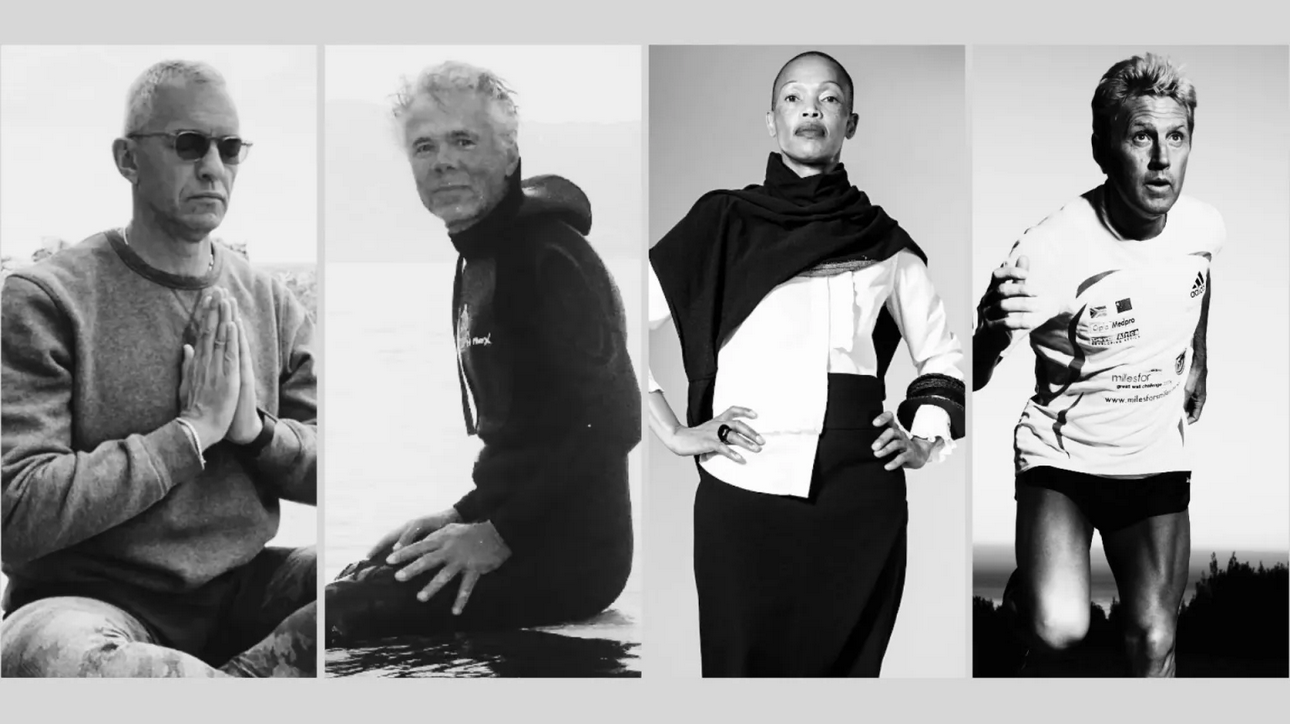A growing number of people are refusing to be pigeonholed because of their age. We speak to four exceptional individuals who are embarking on new adventures later in life.
A triathlete devoted to environmental causes. A former retail manager who swapped the fashion business for modelling and consulting. A strategy consultant who works with leaders to create high-influence brands. And a psychologist who traded in academia to live a life of purpose.
A growing number of people are redefining what it means to age: they’re living their best lives — exploring their passions, fulfilling their dreams and starting new businesses at a time in their lives when previous generations had been nearing, or reaching, “pension age”.
Certainly, many of today’s older citizens say they feel younger than in previous generations, which is reflected in a striking gap between chronological age and subjective or “felt” age.
A 2019 study, The Mask We Wear: Chronological Age versus Subjective ‘Age Inside’, found that few seniors felt their age. Even those with health issues reported feeling subjectively younger than their chronological age. In the survey of Canadians and Americans aged between 65 and 90 (average age of 73), most participants reported an average subjective age of just 51.
Another study, compared two cohorts born 30 years apart. The first cohort of 500 Finns (born in 1910 and 1914) were assessed in the mid-1980s at the age 75 and 80 years, respectively. The second cohort of 726 people were born in 1938 or 1939 and 1942 or 1943, and assessed at the same ages. The modern group (those born in the 1930s and ‘40s) showed substantial physical differences: they walked faster, their grip was up to 25% stronger, their knee strength was 20- to 47% higher, and they had better verbal fluency, reasoning, and working memory than their predecessors.
More recently, the University of Cape Town (UCT) Liberty Institute of Strategic Marketing’s Forerunners Report explored the attitudes of the over-55 cohort — the fastest growing in the country and a segment undergoing rapid change at a critical decision-making stage of life.
Kroshelan Chetty, the customer experience lead at Liberty Holdings, says the research shows that older South Africans are still active consumers and producers. “Grouping everyone over 65 into a homogenous category called ‘retirement’ is increasingly tone-deaf to the realities of modern ageing. What we found … is people’s lifestyles will be dependent on two primary variables: financial and physical wellbeing.”
Read more in Daily Maverick: Your body can be younger than you are – here’s how to understand (and improve) your ‘biological age’
Chief of strategy at Ogilvy SA Neo Makhele says the new generation of forerunners are no longer willing to be passive recipients of “retirement thinking” and don’t want to get old like their parents did.
“This generation has a lot of life in them, so we must think about how we communicate with them as they grapple with many transitions. The 55+ demographic is not a homogenous group and successful targeting will likely need to consider variables like life stage, lifestyle and interests, family responsibilities, financial wellness and technology competency,” Makhele says.
But brands don’t appear to be interested in them — a view echoed by marketing expert Gillian Rightford. She says there’s a “mystical sweet spot” marketers aim for, which is between the ages of 18 to 35. “Beyond that, there’s just no interest at all. The ironic thing the UCT study showed is that that age group really doesn’t have a lot of money.”
Advertisers don’t target beyond the early 30s, unless it’s for a retirement home or a bank. “And then they’re aiming at 60-year-olds who look like they’re 85.”
Many in their 60s are climbing mountains, running marathons and starting businesses — not sitting on a stoep drinking tea — Rightford says, citing Age and Entrepreneurial Career Success: A review and a meta-analysis. The study, published in 2021 in the Journal of Business Venturing, debunks the myth that entrepreneurship is a “young man’s game”, revealing those who start businesses in their 40s, 50s and even into their 60s typically succeed as well as — if not better than — younger entrepreneurs. The study also showed nearly 60% of entrepreneurs were over 50, of which almost one quarter were over 60.
Read more in Daily Maverick: Ageing is complicated – a biologist explains why no two people or cells age the same way, and what this means for anti-ageing interventions
The creative industry is renowned for discarding older talent, Rightford says. “When means when they reach their peak, they are tossed out of agencies. You’ll battle to find anyone over 40 in an agency. The reason is they want younger people to target this mystical, younger audience which actually doesn’t have any money.”
‘Forever 29’
Dr Helgo Schomer (69), the principal mentor at the Behavioural Health Consultancy, jokes that his children have decided he can’t pass for 28 any longer, but have agreed that he’s “forever 29”.
The former academic left UCT in 2009 after 30 years of distinguished service.
Since then, life has been rich. “It’s unbelievable. Life is so full. I’m lucky: obviously, I’m blessed with good genes and I am totally healthy. I surf and hike the mountain with people less than half my age. The only complaint I have is that of the six good, wonderful, incredible people who were mentoring me and guiding me, only one is left.”
Schomer was 567/702’s beloved “radio shrink” on Redi Tlhabi’s radio show for 10 years. He reached an even bigger audience after a documentary about his “last hijack”.
“They filmed me for over 200 hours. It was very therapeutic. We reinstated everything that happened to me, went to the sites, showed what I had to do, what I couldn’t do. They also showed my beautiful mentor, Dr Richard Oxtoby [a clinical psychologist who died in 2017] working with me.”
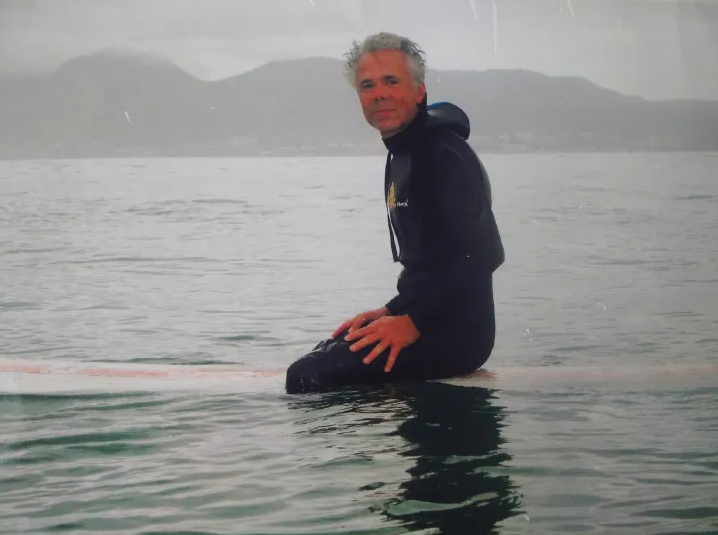
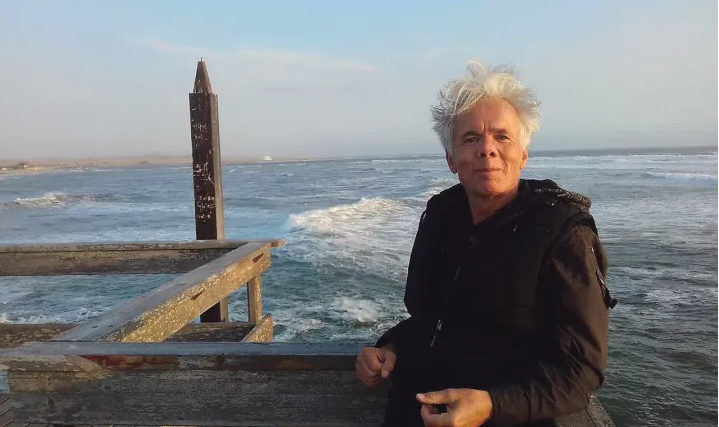
Titled “The Nature Of Sanity”, the short film opened the door for work with paramedics, nurses and doctors returning from conflict zones and war.
About a decade ago, Schomer divorced the mother of his three daughters. He later found a new love. Five years later, she proposed. “Caryn and I have been married for six years. It’s been the best six years of my life.”
Finding a loving partner brings life: Schomer says Caryn surfs, hikes and plays with him. “We share everything. It keeps you alive like nothing else. My three daughters have all gelled with her, and her son has gelled with me. They have formed life around us, which is so beautiful. I’m incredibly grateful — it’s a gift.”
Dr Caryn Schomer runs a medical clinic in Observatory for the underprivileged, where her husband provides staff support and education. He still offers hostage negotiation, mentoring and counselling for trauma, death and dying. “My life is full, it’s busy. I’m still in the townships, supporting healthcare providers to keep women and youngsters safe. I love what I do and I’m not going to retire. I like my life. I like my work.”
Schomer, whose grandmother described him as a “beautiful storm” at birth, says you can hinder crises, discomfort and problems with your attitude to life. “She lived through two world wars. She was a button of a firecracker, never giving up. She went through hell but always bounced back. She believed that life is for the living.”
Curiosity is a superpower
Columnist, public speaker, investor and mentor Dr Sizakele “Za” Marutlulle (who declined to give her age) believes your birth date is a fact, but it shouldn’t determine your life.
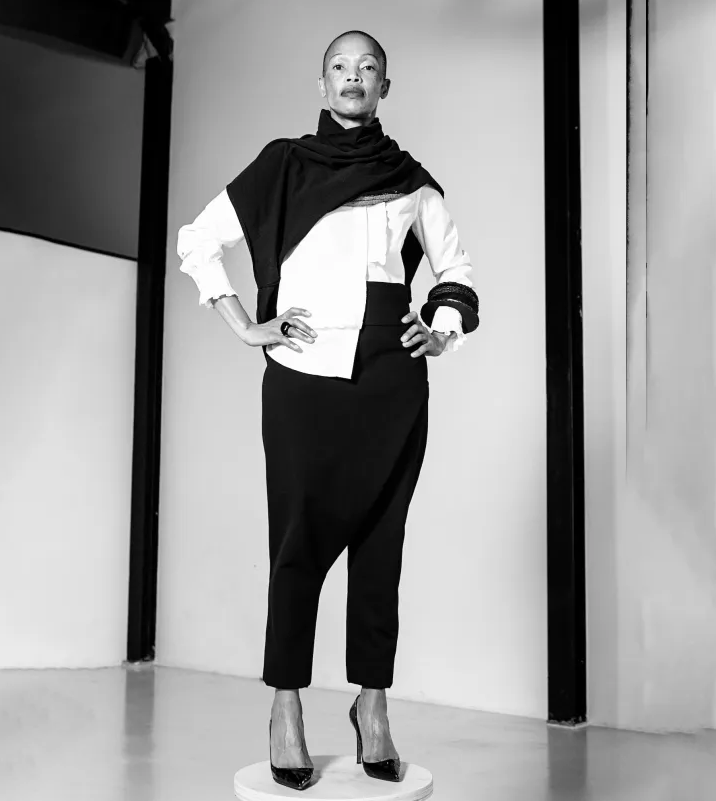
“If [it does], you’re going to have a miserable life. I’ve seen 22-year-olds in horrible marriages because somebody said at 25 you need to be married. I’ve seen 40-year-olds who are just medicating on their way to work because somebody said at 40 you should have no debt, a car, a house and two and a half children. I’ve seen the pain of being led by your calendar date.”
Smart, free-spirited and child-free (as opposed to childless) Marutlulle’s first job was in an advertising agency, where she worked on the ANC’s 1994 campaign. She has held several executive positions, including at Gibs, SA Tourism, Grey, Barclays, HerdBouys McCann-Erickson and SANParks, and is the founder of Marutlulle & Co, an influential strategy and ideas lab. Her role model is her 88-year-old mother, who still runs a hospice in Alexandra in Joburg.
“I’m my mother’s daughter through and through. She raised three of us single-handedly. She had a clear understanding of who she was and that she was worthy. I’m aware of the material sacrifices she made to give me this life so it would almost feel like I’m spitting in her face if I didn’t create a life of meaning — and not one informed by material comfort.”
Her older brother was killed in 1994 during the transition — “a moment in time where you learnt that violence is also one of South Africa’s official languages”. Her younger brother has his own business and a family.
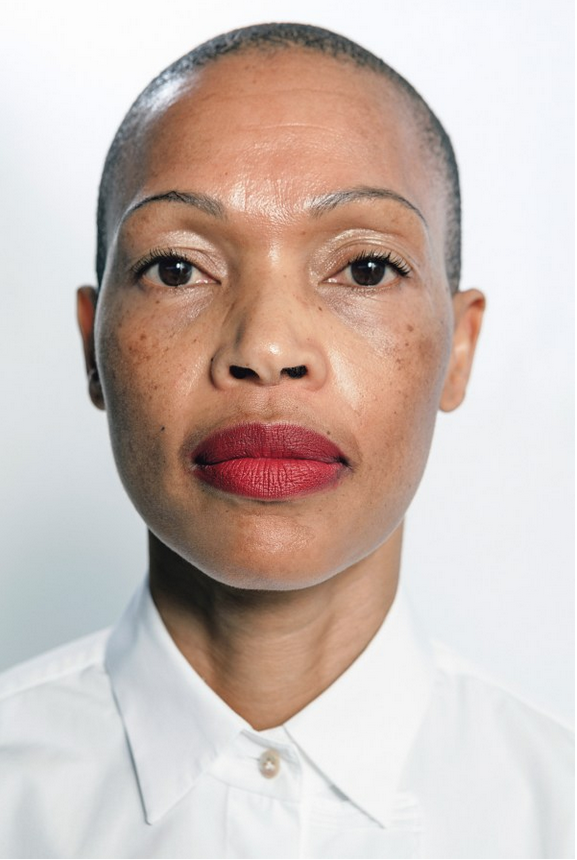
Marutlulle’s mother worked every Christmas until her daughter turned 18 to afford Catholic school education for her in Swaziland, to grant her equitable experience where it was the content of her character and her brain — not her skin colour — that would determine how far she went in life.
“I’m glad she did. I don’t come from a home that was flashy in any way, but a home that was grounded in charity and in community from a young age. I understood that if I wanted to have anything happen in my life, I’d have to apply myself.”
With a PhD in critical diversity, Marutlulle says many organisations are limited in their thinking about diversity because it should extend beyond race, gender and sexual orientation. “We need to think deeply about multi-generationalism in the workplace. Diversity is what enables you to work at 3am because that’s when you’re on fire, or someone else to work at 2pm because that’s when they’re on fire.”
Curiosity is her superpower, which is why she travels for music, food, film and adventure. “I’ll go on a Buddhist retreat in the south of Sri Lanka, walk the streets of Seoul, South Korea and Vietnam.”
The great runner
Sixty-six-year-old Braam Malherbe is a dynamo. With four world records in extreme adventure, Malherbe is a conservationist, TV presenter, youth developer, author and education advocate.
Malherbe’s adventures kicked off at 16, when he was sponsored to do a wilderness camp in the Umfolozi game reserve. He remembers the game ranger telling him that humans are not assets to the natural system. “By default, we’re all liabilities. He asked us what we planned to do with our future: be an asset to a system, or a liability?”
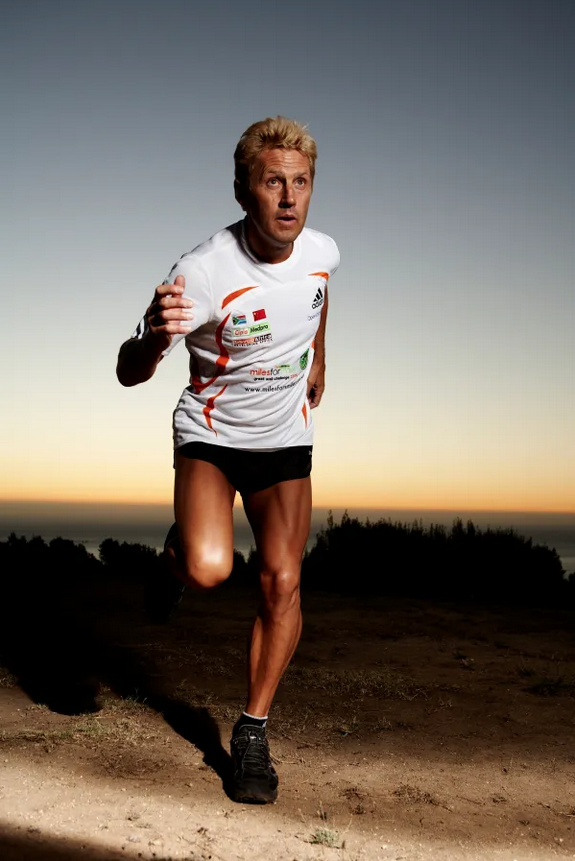
Answering the call to conserve the planet, Malherbe ran his first “long-slow” marathon, from Plettenberg Bay to Cape Town, in 1975.
His first big one was the Great Wall of China — 4,218 km, on an Operation Smile fundraising mission for 58 children in Empangeni. He’s since crossed the Gobi desert, the coastline of SA, raced against time unassisted to the South Pole in -45°C temperatures, and rowed unassisted for 98 days and 8,100kms from Cape Town to Rio de Janeiro.
In 2008, a mission for Operation Smile saw him running in the shape of a smile around SA from Namibia to Mozambique. It was humbling to see the before-and-after pictures of the children who benefited from that run, Malherbe recalls. “I’m not some hugely potent athlete by any means, but I just have a purpose beyond ego. We all have egos: when you find a purpose, you go beyond it. It gets you to go the extra mile.”
A co-founder of the Table Mountain National Park Volunteer Wildfire Services, Malherbe is a regular presenter on 50/50, and an ambassador for Woolworths’ MySchoolMyVillageMyPlanet, Operation Smile SA, the Wildlife and Environmental Society of SA and the Amy Biehl Foundation.
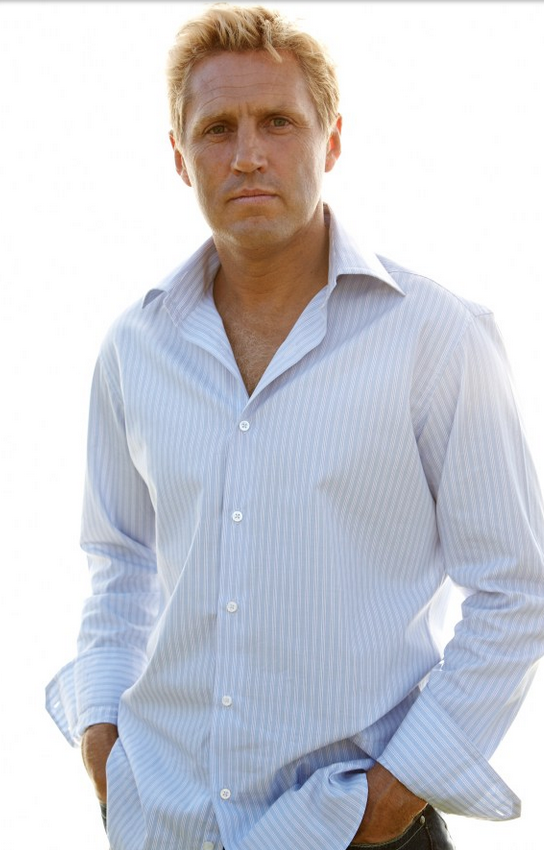
Motivational talks are Malherbe’s primary income stream. “That’s why I do what I do, hence my own weekly TV show. I’ve got one massive expedition, two years from now, before I’m officially retiring.”
That expedition is a 38,000km zero-emissions trip around the Tropic of Capricorn, aired as part of a 16-part TV series. The trek will include walking across the Kruger (Malherbe’s an honorary ranger), cycling through Botswana, walking in the Namib with the Khoisan, sailing to Ubatuba in São Paulo, where he’ll hike the Amazon’s logging roads with his rowing partner Wayne Robertson, paragliding from the Andes to the Atacama Desert, and sailing to Australia. That will coincide with the launch of his DOT Challenge app — “Do One Thing” for sustainability.
It’s a Herculean expedition and Malherbe’s got big plans: “I want to get a seventh of the Earth’s population — 1.7 billion — to sign up. That’s not in any way arrogant. Facebook has more users and we’re going to cross-pollinate the app with Facebook, Instagram, Telegram, Twitter and so on. I believe that we can change the world. My (calling) is to ensure my son Benjamin has a sustainable future.”
The model
Anton Peters (64) left school in 1977 with childish desires to study drama. His mother would have none of it. “What is a person of colour doing thinking about drama?” she swiped. “I’m not sending you to drama school.”
Almost 50 years later, he’s back at plan A, launching a new career as a senior model.
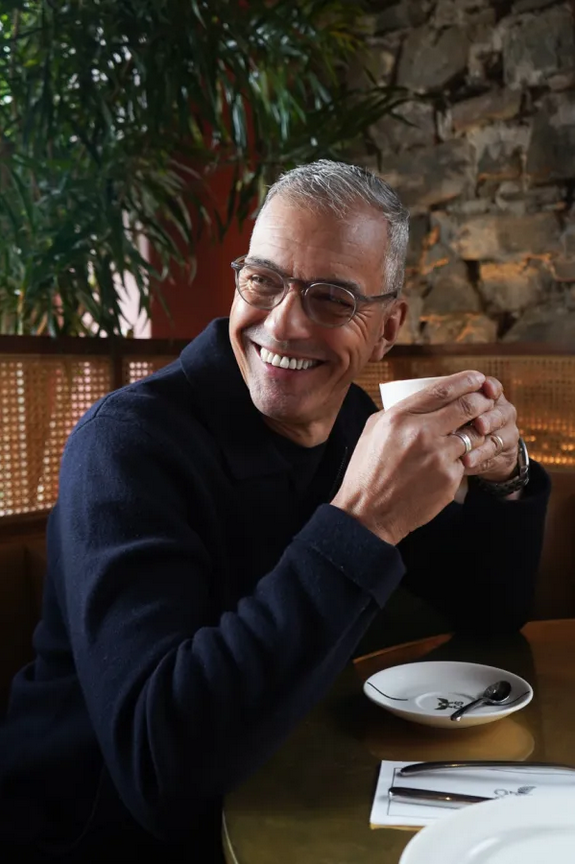
Discouraged from drama, Peters’s first job was as assistant manager at a clothing store in Wynberg, Cape Town, which he liked so much that he stayed for a decade, before joining the LA Jean Company as an area manager, caring for 12 stores in the Western Cape. He progressed to buying, then manufacturing, and when the company shut, he took up a key position as a supplier to Woolworths.
He grew that business from R12-million a year to R100-million within six years, helping it become one of Woolworths’ biggest clothing suppliers, before Woolies poached him in 2008. Twelve years later, Peters stepped away from corporate work and set up his own business, Barrington Consultancy, which helps to drive growth in the garment manufacturing sector.
He’s busier than ever. Peters has also thrown himself into working for the government and industry-funded Cape Clothing and Textile Cluster, mentorship and charity.
And he launched a new career as a senior model. “I joined a casting agency and picked up on my dream. I’ve done three commercials, two of which are international, and have just had a featured extra role with my wife, Maxine, in a local short film.”
He’s also involved in learnership programmes, and consults for Noah — Neighbourhood Old Age Homes — which has retail stores in Woodstock and Khayelitsha subsidising the operations of its old age cottages.
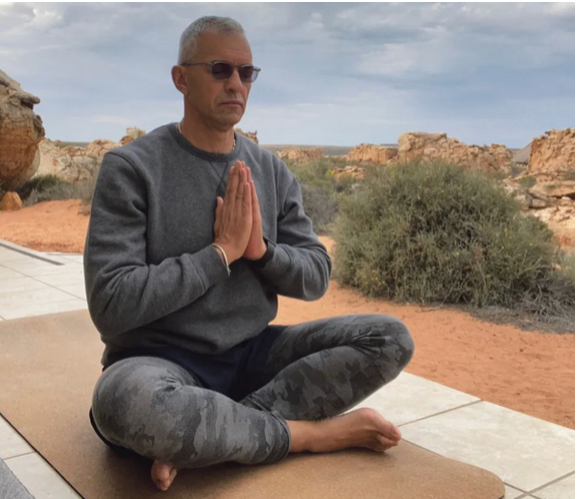
“Bits and bobs keep me busy. I work with a diary — I am not a pyjama person. I exercise at the gym and do online yoga, then shower and get dressed. It gives me purpose.”
Peters says they bought a lock-up-and-go after Maxine retired early in 2014. “We’ve never looked back. We have a 25m lap pool, the Company’s Garden is across the road, we have no traffic problems, no issue with water — it’s stress-free living.
“I love city life and all the people we bump into every day. It’s a different community, not the same as living in a suburb. We are safe and secure.”
They love travelling, which as a retired person means more effective planning.
“I shouldn’t have read The 100-year Life when I retired,” he laughs. “I have family who are currently well into their 90s.”
Life is different now, which makes it exciting and daunting. He has friends who are working well into their 70s. Peters would like to work for as long as possible, and modelling offers an exciting and creative outlet.
“I don’t want a 9-to-5 job. I want my freedom,” he says. DM
Stay informed with The Namibian – your source for credible journalism. Get in-depth reporting and opinions for
only N$85 a month. Invest in journalism, invest in democracy –
Subscribe Now!


